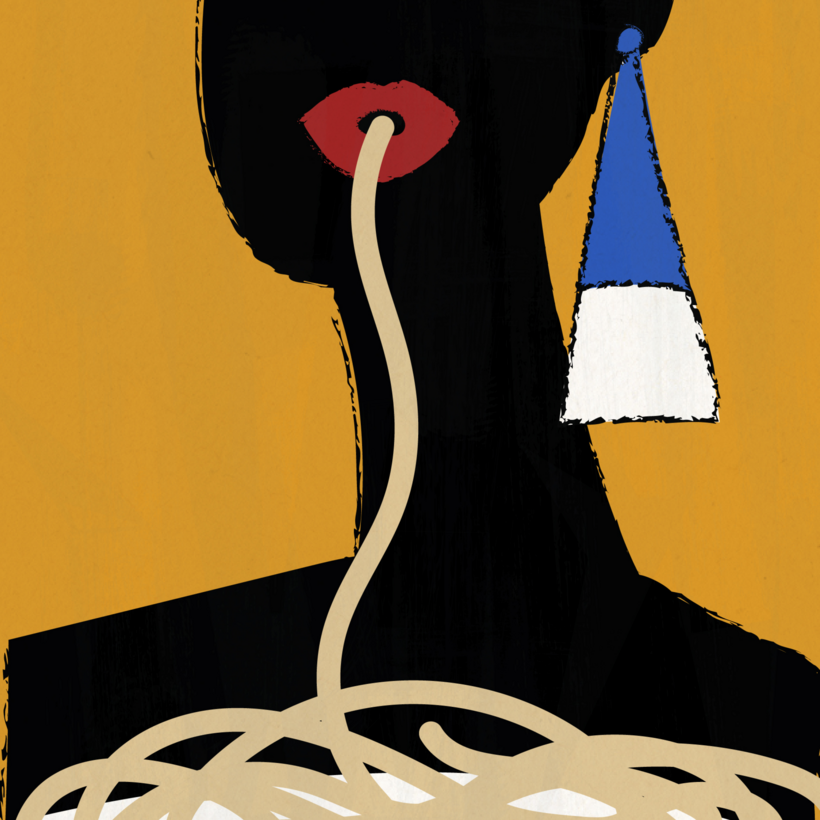Dieters typically recoil at the mere mention of carbohydrates, which are widely considered to be the enemy of waistlines and health. New research, however, suggests that eating the right type of carbs slows down the aging process, helps to ward off 11 major chronic diseases and preserves physical function and good cognitive and mental health.
The evidence was gathered over 30 years as part of a large study published in the JAMA Network Open journal by researchers at Tufts University and Harvard University’s TH Chan School of Public Health. “Our findings suggest that carbohydrate quality may be an important factor in healthy aging,” says Andres Ardisson Korat, an assistant professor in the Human Nutrition Research Center on Aging at Tufts.



